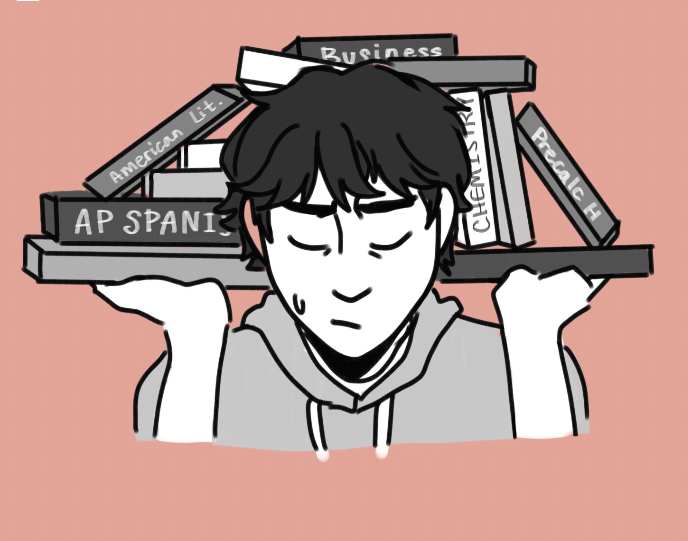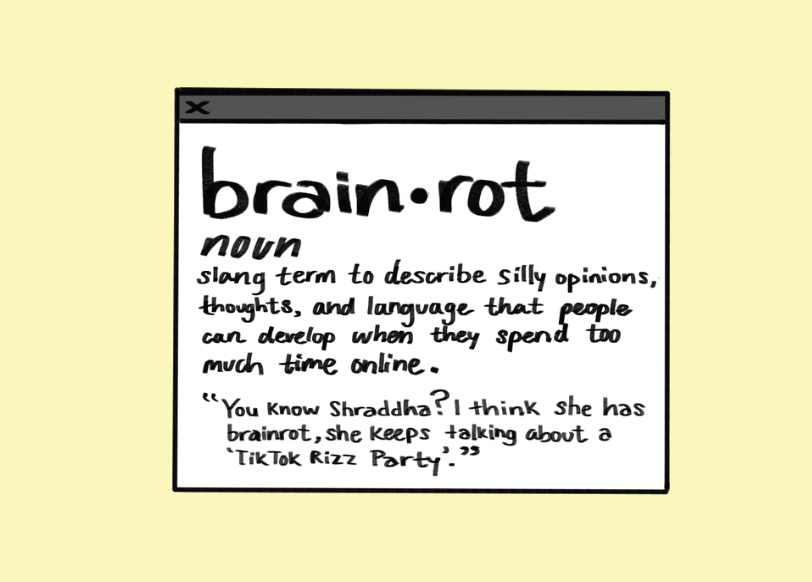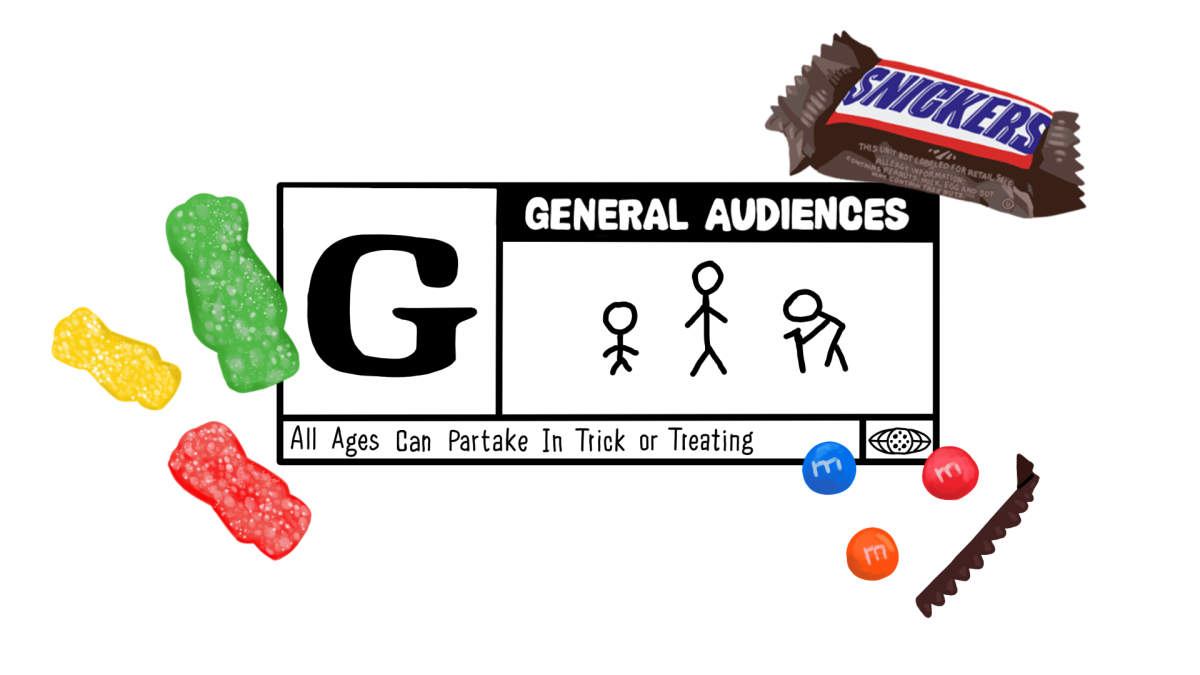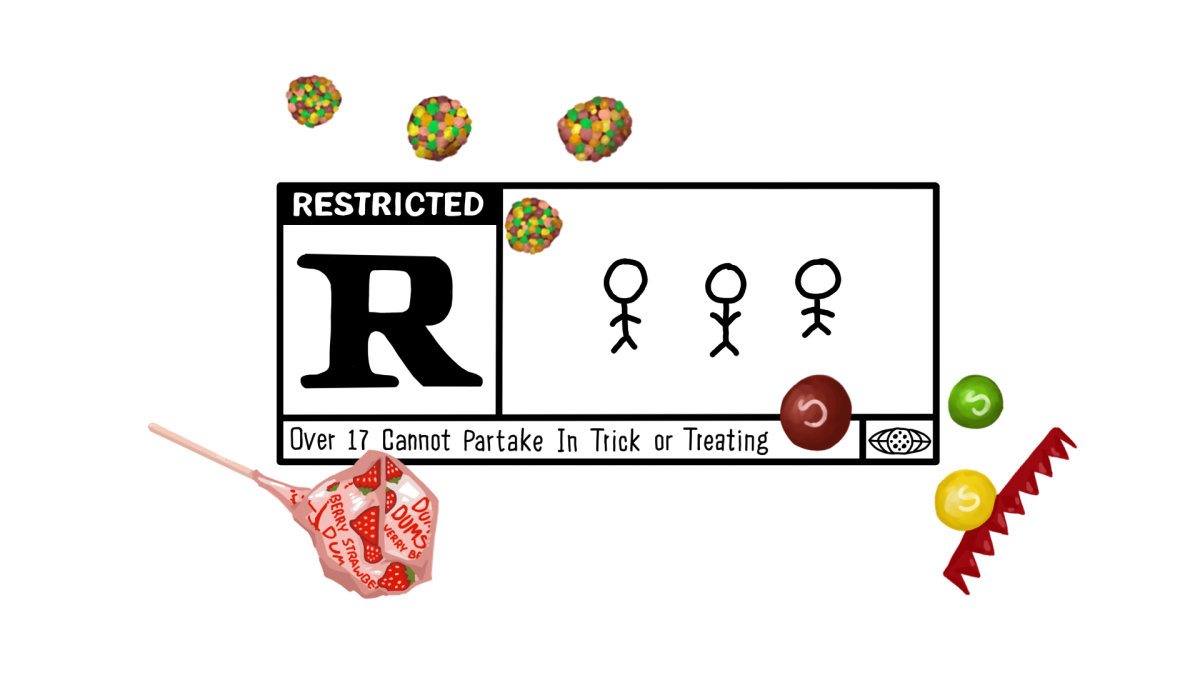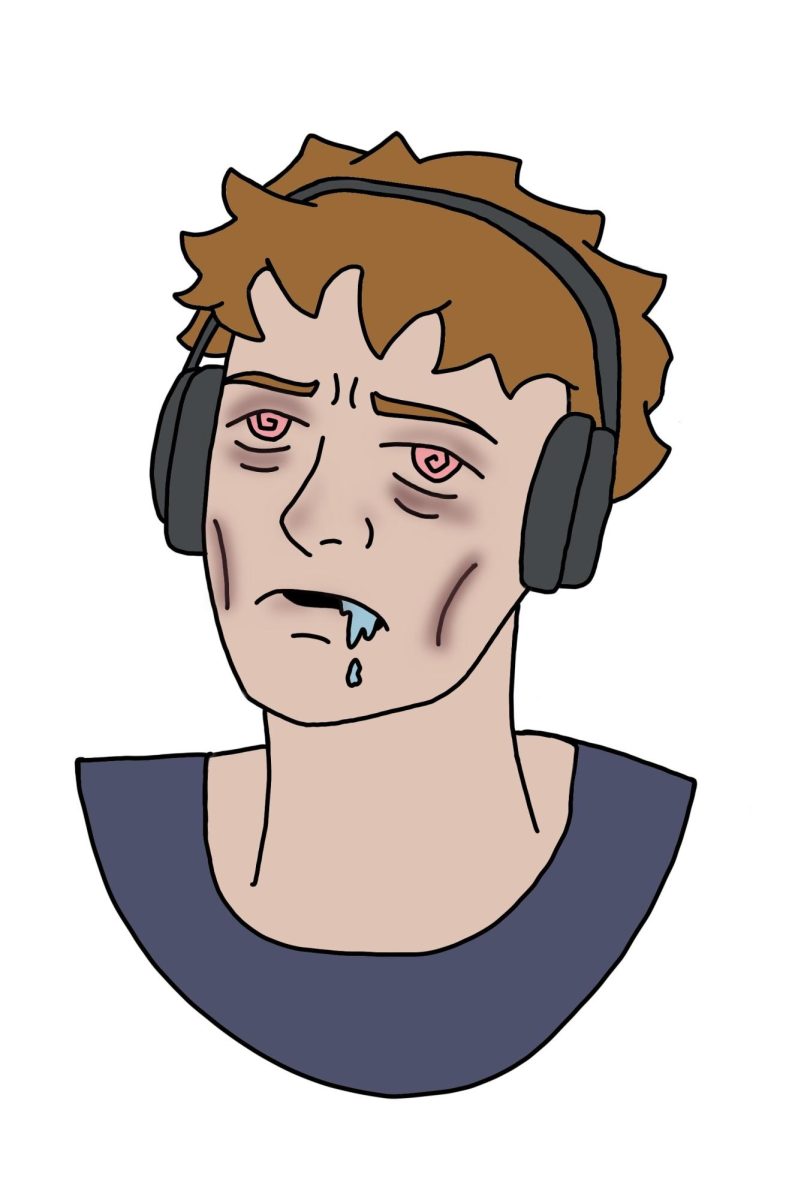In the American education system, students find themselves grappling with increasing academic pressure. Curriculum difficulty has increased over the past few decades, placing a heavier burden on students’ shoulders.
One of the most evident indicators of this escalating difficulty is the sheer volume of material that is expected to be mastered. Subjects once taught over a semester are condensed into a matter of weeks, leaving little time for thorough comprehension. Particularly with AP classes that must cover a given amount of content on a tight schedule, students are forced to prioritize speed over depth, sacrificing genuine understanding to keep up. Whether it be advanced mathematical concepts or complex historical events, the content of classes has become far more demanding. While it is important to challenge students intellectually, there comes a point where the difficulty becomes more of a hindrance than a benefit.
The pressure to excel in standardized testing and AP exams only exacerbates this issue. Such an emphasis on test scores has led to a narrowing of curriculum focus. Teachers often feel compelled to teach to the test rather than advance a love of learning. Consequently, students are deprived of the opportunity to develop critical thinking skills beyond what is necessary to pass an exam.
Additionally, in today’s high-demand academic environment, many students overload on higher-level classes in a bid to excel. While aiming to enhance students’ college prospects, this pursuit often leads to overwhelming stress and sacrifices in personal growth opportunities.
Finally, the rise of technology has created a new set of challenges to the educational system. While it certainly has revolutionized the way students learn and access information, it has blurred the lines between academic and personal life. The constant bombardment of notifications and distractions makes it increasingly difficult for students to concentrate on their studies, intensifying the already daunting task of navigating a rigorous curriculum.
To conclude, curriculum difficulty is on the rise in the US and has made it difficult for classrooms to foster true intellectual growth.


